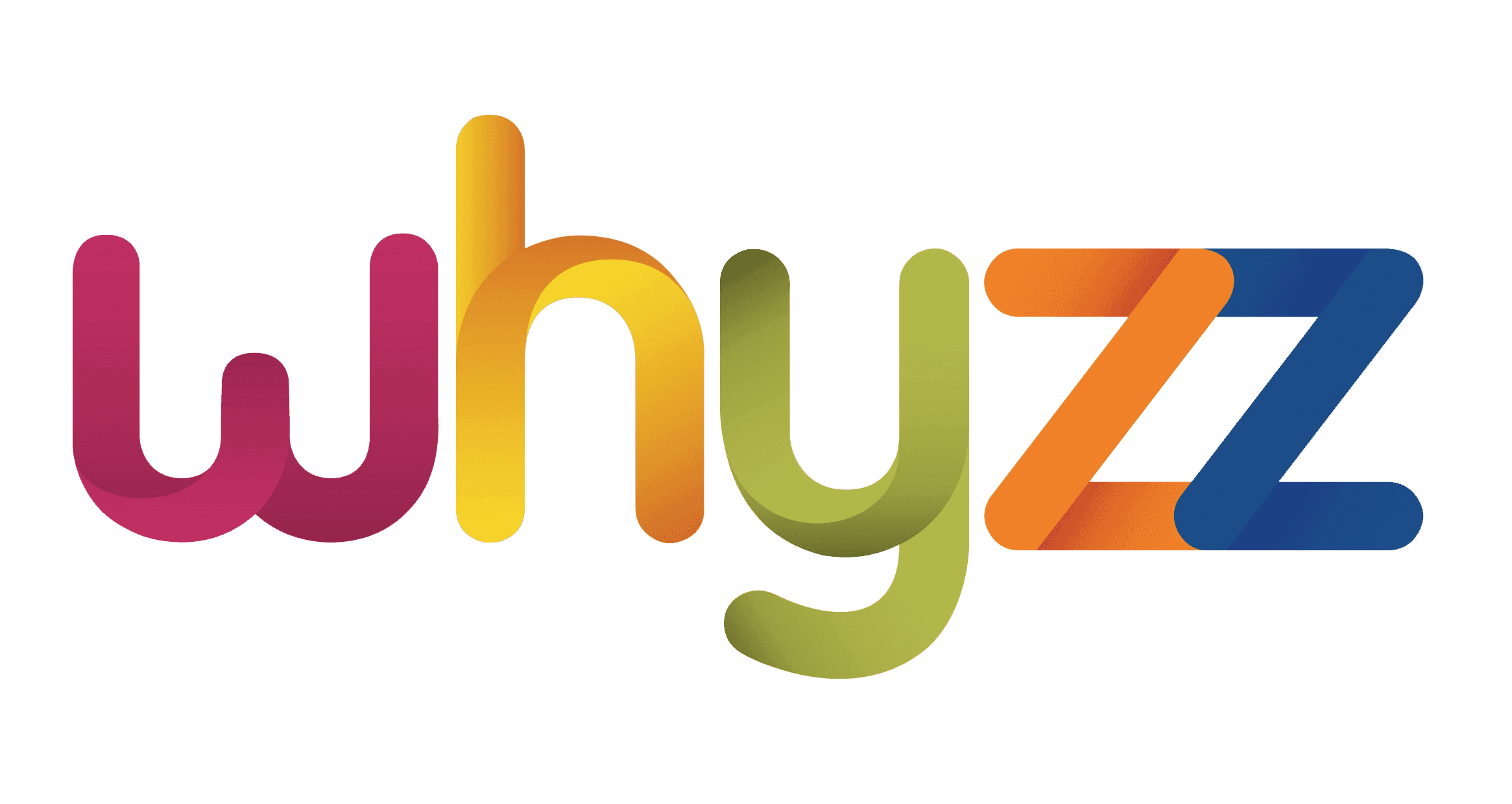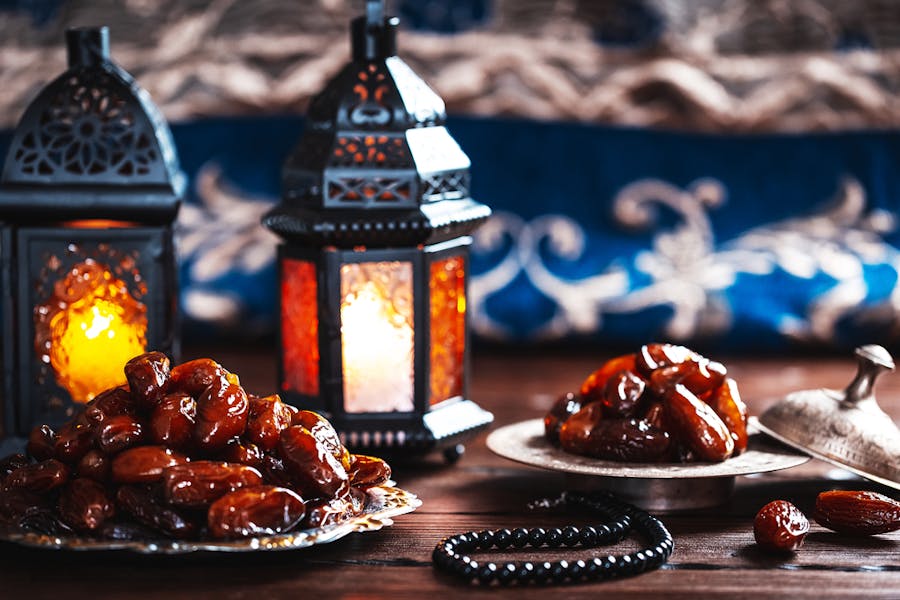What is Ramadan?
In the Muslim calendar, Ramadan is the ninth month of the year. While many people around the world use the Gregorian calendar (the solar calendar starting with January), other people follow different calendars.
The Muslim calendar, for example, follows the moon instead of the sun! Like the solar calendar, it has twelve months, but the months have different lengths, names, and start and end dates!
The month of Ramadan is special for Muslim people. Muslims believe that it was during the month of Ramadan when Allah, the God of the Islamic religion, first revealed parts of the Quran (the Islamic holy book of scriptures) to the Prophet Muhammad, the special man whom Muslims believe was chosen to share and teach Allah's message.
The actual day on which the first verses are believed to have been revealed is the 27th of Ramadan, which is called "Laylat al-Qadr," or Night of Power.
Muslims observe the month of Ramadan with special prayer, reflection, readings of the Quran, and fasting. Adult Muslims who are able refrain from eating, drinking, and other nonessentials between dawn and dusk every day, breaking their fast in the evenings with prayer followed by a special meal known as the "iftar," and preceding next day's fast with a pre-dawn meal known as the "suhoor."
At the end of the month is the Muslim holiday "Eid al-Fitr," the Fast-Breaking Feast. It's considered a major religious holiday in which people pray, dress in fine clothes, share gifts and treats, give to charity, and more!
by Mya Kagan (Whyzz writer)
Exploration
Holy Holidays!
In addition to Ramadan, what are some other holidays or observances you've learned about from different religions? What are some of the most important holidays that you and your family celebrate? Have you been able to celebrate the holidays of any other cultures or religions with some of your friends? If so, what were the holidays, and how did you observe??
Further Information
When it comes to fasting during Ramadan, only adults who are healthy and able are expected to participate. Young children as well as adults who are ill, elderly, pregnant, or traveling are exempt from fasting. If necessary, someone who is unable to observe a day of the fast can make up for missed days after Ramadan ends.
Because the Islamic lunar calendar has a different number of days than the Gregorian solar calendar, Ramadan doesn't always match up to the same date on the Gregorian calendar from year to year. Usually, it falls some time during August or September.

